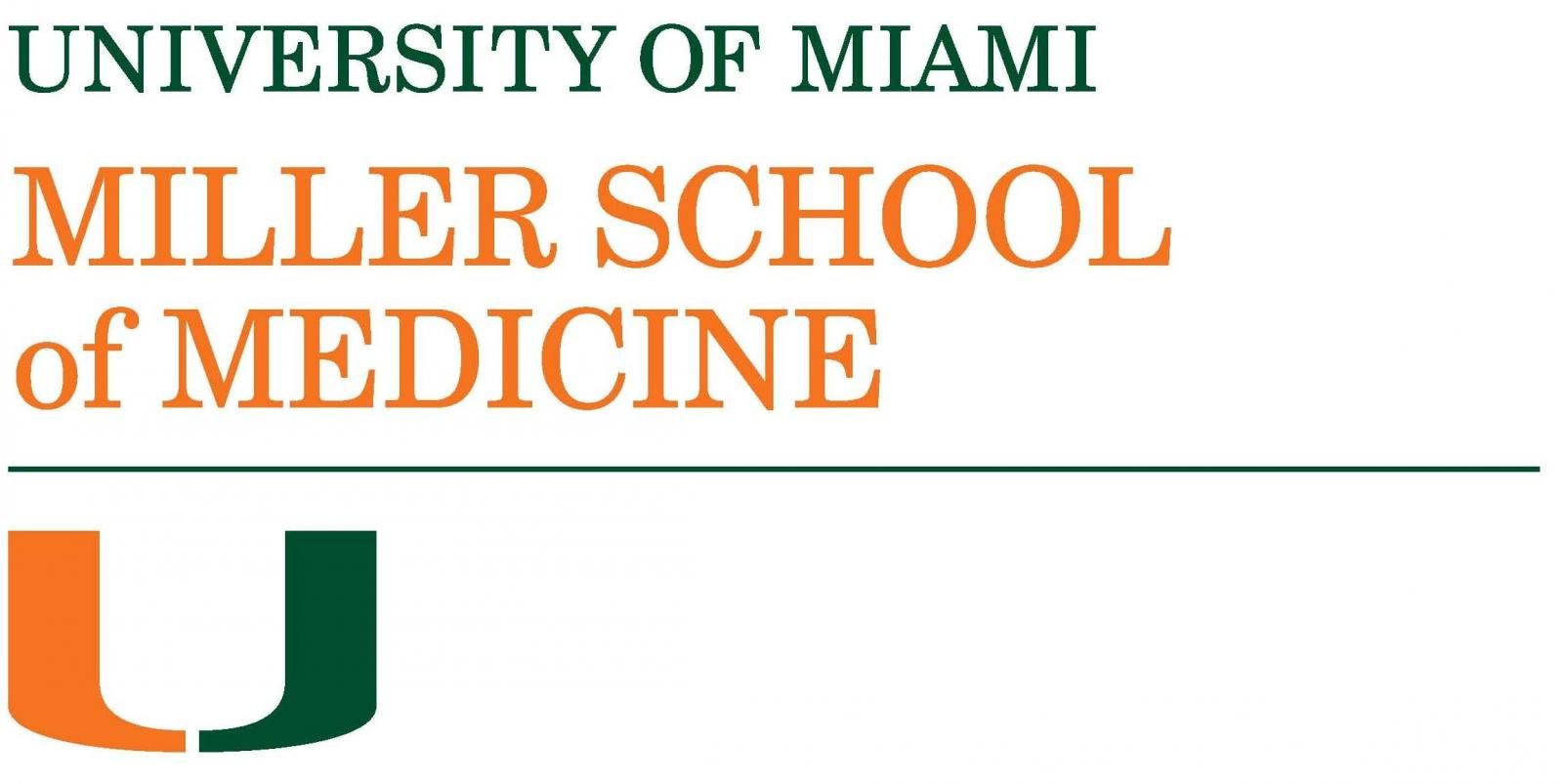
Tackling the Global Issue of Ancestral Disparities in Alzheimer Disease: Margaret Pericak-Vance, PhD

The director of the John P. Hussman Institute for Human Genomics at the University of Miami discussed the background behind a new initiative geared towards understanding genetic differences of underrepresented groups. [WATCH TIME: 6 minutes]
WATCH TIME: 6 minutes
"We know there’s a high genetic heritability of Alzheimer. It’s not the only cause. There are other environmental causes and influences, but there is a huge genetic component, and that’s been shown numerous times and multiple genes have been described.”
Researchers have not identified a specific gene that directly causes late-onset Alzheimer disease (AD); however, having a genetic variant of the apolipoprotein E (APOE) gene on chromosome 19 does increase a person’s risk. The APOE gene is involved in making a protein that helps carry cholesterol and other types of fat in the bloodstream. For early-onset AD, the 3 single-gene mutations associated with the condition include amyloid precursor protein (APP) on chromosome 21, presenilin 1 (PSEN1) on chromosome 14 and presenilin 2 on chromosome 1.
Previous literature has shown that these risks vary based on ancestral background, as African American individuals are twice as likely as non-Hispanic White individuals to have AD, while Hispanic individuals are 1.5 times as likely to have AD compared with their non-Hispanic White counterparts. Identifying those who may be more prone to AD, and thus prescribing a treatment strategy early, remains a critical component to care and avoiding further neuron death.
Similar to previous efforts, the University of
Newsletter
Keep your finger on the pulse of neurology—subscribe to NeurologyLive for expert interviews, new data, and breakthrough treatment updates.










